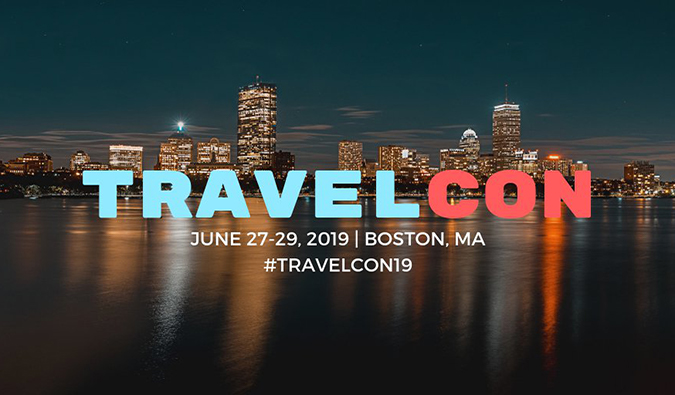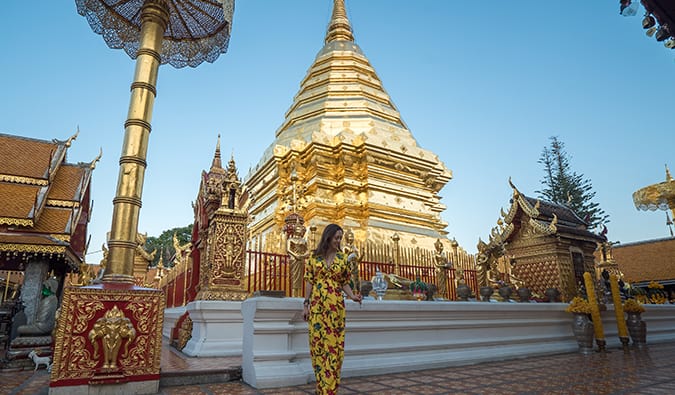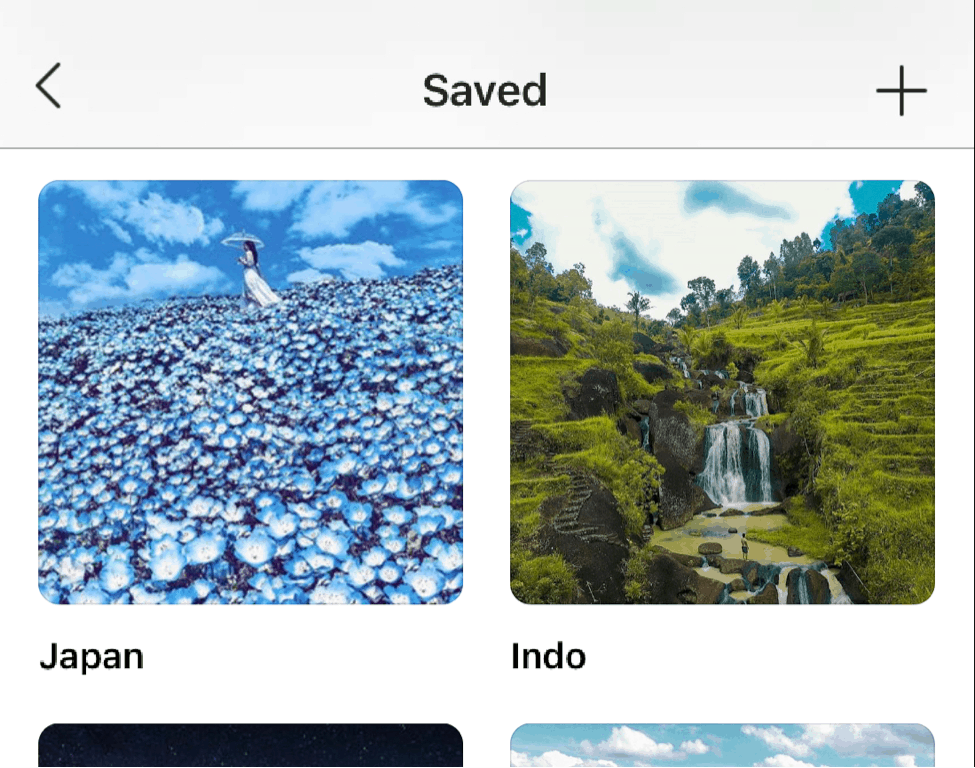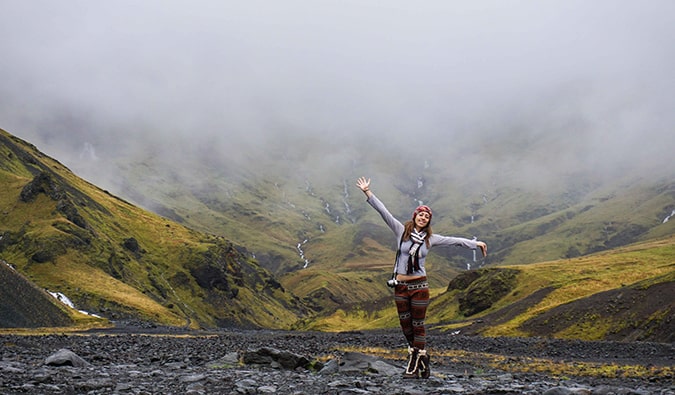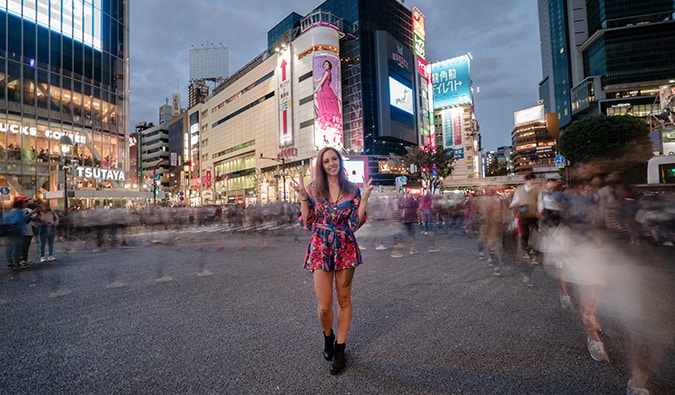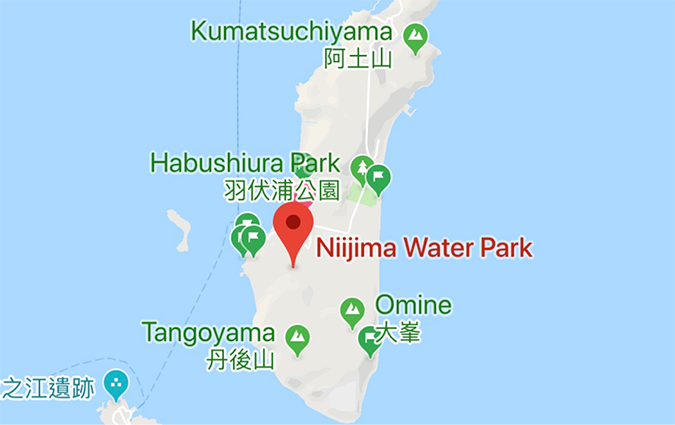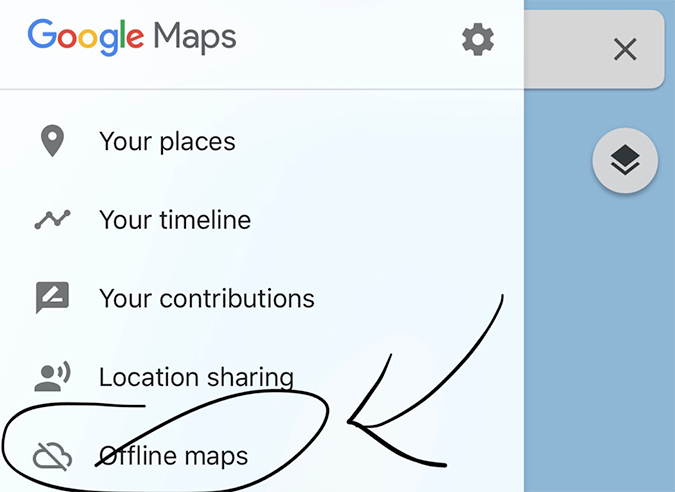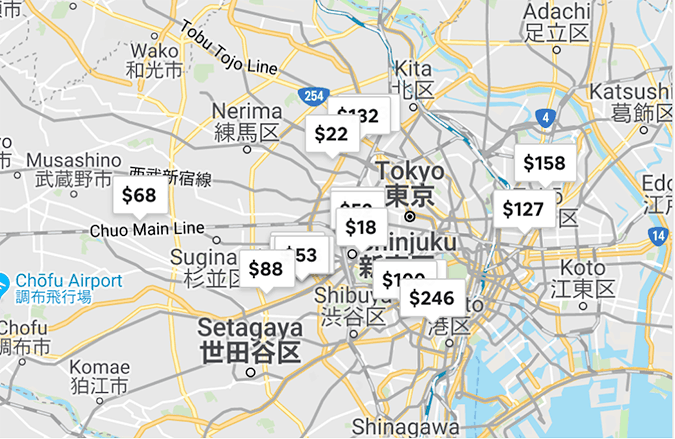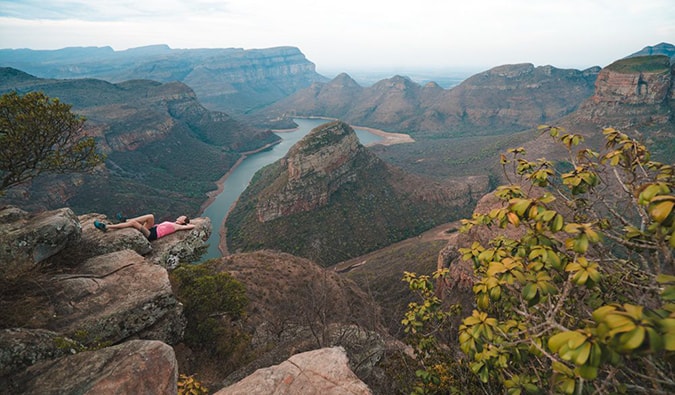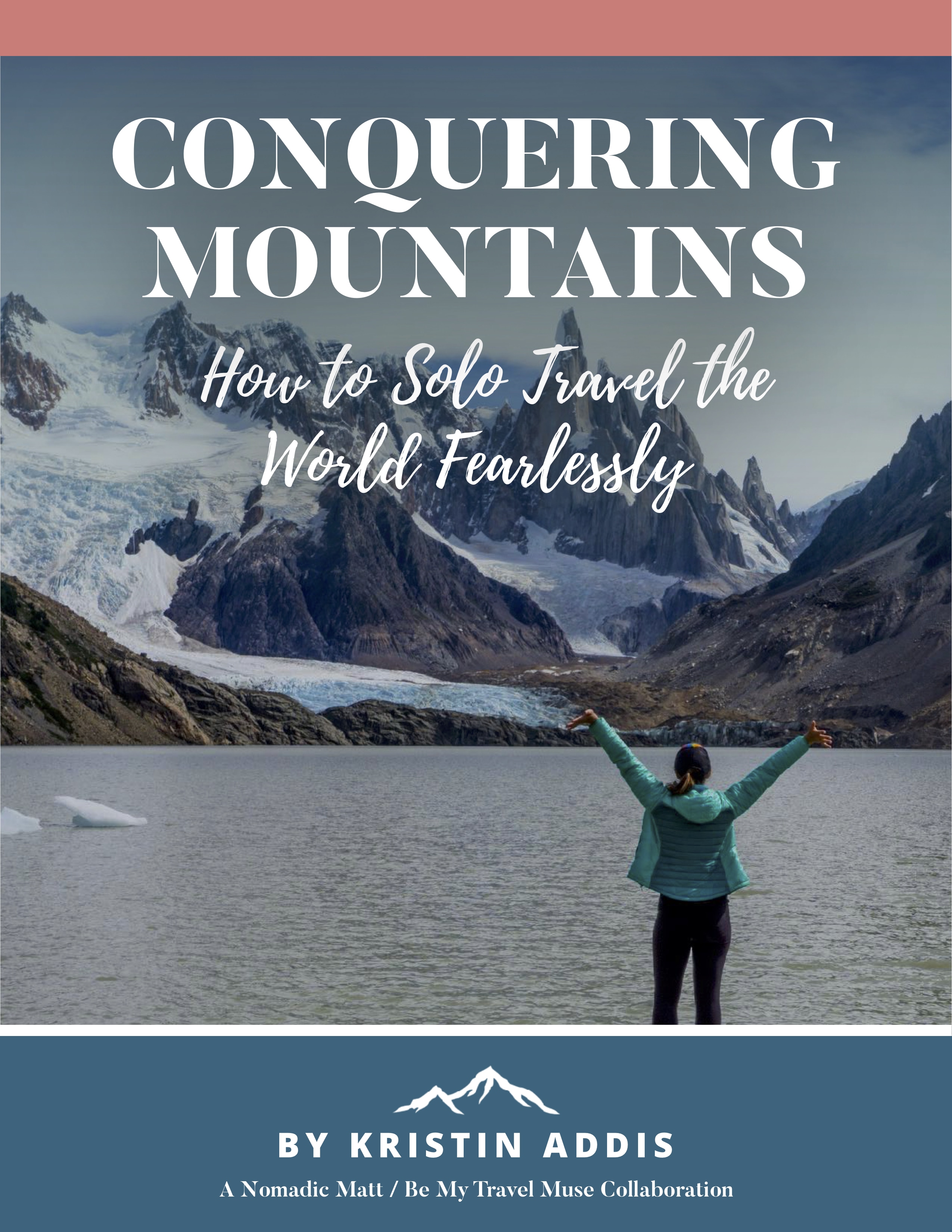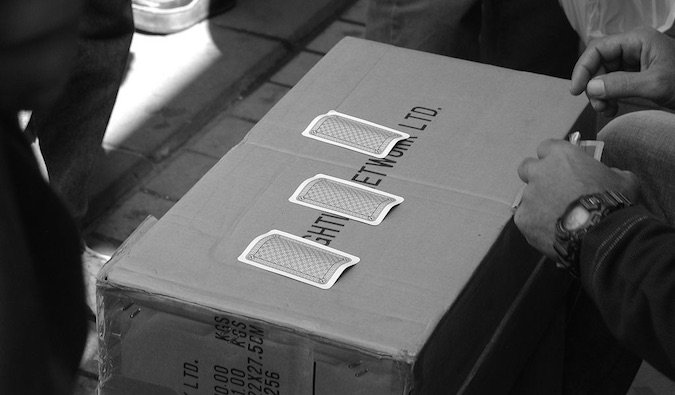
Updated: 12/27/18 | December 27th, 2018
I don’t write articles about how to be successful at blogging often because this is a consumer travel website not a blogging website, but I’ve seen a lot of articles on travel blogging lately, which have many points I disagree with and I think offer a lot bad advice.
As someone who has been blogging for over ten years, I want to offer a counterbalance to some of the prevailing (and wrong) wisdom out there on how to succeed.
(Especially in light of that Instagrammer selling a scam course on how to grow your following!)
Travel blogging is a crowded field — and it gets more crowded by the day. After all, the idea of “getting paid to travel the world” seems like an amazing thing to try to do. You get to visit wonderful places around the world on someone else’s dime!
It’s a dream job, right?
Well, first, running a successful travel blog – or any blog in any industry – is hard work and time-consuming. Putting posts up is not going to result in money falling like rain (though judging by some of the people I’ve seen on paid trips, it can at least amount to a drizzle). You have to work for it.
Blogging takes persistence.
Unless you hit the Internet “viral” lottery, you should expect to plug away for a least a year before you start to see sustainable income coming in.
Building a blog is like building any other business: success takes time, patience, and dedication.
Think of travel blogging like the restaurant business: Just because there are a lot of restaurants doesn’t mean that they are all good or that you shouldn’t open one of your own! Instead, people who open a restaurant or desire to be a world-class chef look around and say, “I can do this better.” That’s the mindset you should have about your travel blog.
Take a look around and go “I can do this better!”
Just because someone can travel and write doesn’t mean they can write well or become a good travel writer. No, most travel blogs are terrible so don’t worry about the number of blogs out there. Worry about the quality of blogs out there.
It’s not a crowded field when you look at it that way.
Here are nine things you can do to succeed in travel blogging (or any blogging field, really) and jump ahead of the crowd. Doing them will make you far more successful than most of the bloggers out there.
1. Read a Lot of Books
I am always shocked at how few travel bloggers develop their skills by reading. Very few read any marketing, strategy, business, or self-development books. Running a blog is like running a business, and if you don’t go to “school” and constantly learn, you’re going to fall behind. Every successful person I know is a voracious reader. They constantly try to improve their skills and knowledge. You must always be a student. You must always learn.
After all, why reinvent the wheel?
Read what experts have to say, learn what works, and apply the tips you pick up to your blog. If someone has been there and done that, why try to learn that through trial and constant error? Read the best way to do it… and do it! I read a lot besides travel books. I consume marketing books, management, writing, history books, and biographies. Even if you only get one idea from the book, that book was worth it. I read at least one book a week and am often reading multiple books at a time. Travel, history, business, fiction — I consume it all.
If you only do one thing from this list, make it this one.
Some of my must-reads are:
- Influence, by Robert B. Cialdini
- The 7 Habits of Highly Effective People, by Stephen R. Covey
- What Got You Here Won’t Get You There, by Marshall Goldsmith
- The Psychology of Persuasion, by Kevin Hogan
- Start With Why, by Simon Sinek
- Deep Work, by Cal Newport.
- Thinking Fast and Slow, by Daniel Kahneman
- Ask, by Ryan Levesque
- On Writing, by Stephen King
- Lonely Planet’s Guide to Travel Writing, by Don George
- The Obstacle is the Way, by Ryan Holiday
- The 4-Hour Workweek, by Tim Ferriss
- Choose Yourself, by James Altucher
If you do only one thing from this list, make reading more it!
2. Be Like Apple — Think Different
Whatever you are going to write about, try to present that subject in a way that hasn’t been done before. If everyone is sharing sponsored content, don’t. If everyone is writing text, make a video. If everyone is serious, be funny. If everyone has complex designs, go simple and visual. If everyone is doing one-off blog posts, create a story through a series of posts that keep people coming back for more.
Always innovate — do something different and unique.
One thing we do here that makes us different is that we put (what I think) a level of detail into our posts that no one else does. We make our posts the ultimate guides on destinations. We add photos, charts, and maps when we can. We add video. Contact information. We want you to come here over and over again because our resources are the best. Many bloggers just provide a light dusting of information. We go deep.
3. Invest in Your Blog
For a long time, I avoided spending any money on this website. I bootstrapped everything and viewed every expense negatively. “That designer would be nice but I can’t afford it. I’ll just create a crappier design myself.”
But I soon realized money spent wisely is an investment.
Now I pay for designers, SEO auditors, conferences, video and audio editors, copy editors, and much more. This allows me to improve the reader experience, develop useful products, work on other projects, and free up time to write. I focus on my core competencies and hire the rest out.
It’s easy to say, “Oh, that conference is too much. I don’t want to spend that much.” But if that conference results in one strong business connection that leads to new sales or a guest posting opportunity, then the conference is worth it. (See below for some good conferences to attend.)
Businesses invest in themselves — and you need to do the same.
It can be easy for me to say now, but even when you start, spending a little bit of money can go a long way. I didn’t start out hiring lots of people. I hired one person, then another, then another. Even if you spend a few hundred dollars on snazzier banners, that can go a long way to improving your readers’ experience.
4. Be Niche
Back when I started blogging in 2008, it was easy to maintain a general budget travel website. You could cover a wide range of travel topics and face little competition. There was only a handful of bloggers. Now, there are too many long-established blogs and websites to do that. (And you’d also be way behind in Google search results.)
I recommend being as narrow and focused in your topic(s) as possible. Whether it’s RV travel, Turkey, Thailand, NYC, or your small town, the power of search lets everyone define their niche and still be able to reach millions of potential readers. In fact, being niche now is better than trying to be a more general resource site like mine.
Moreover, focusing lets you become an expert. You can be the person to whom readers always turn for information on this subject or that destination, which allows you to cultivate a bigger presence online.
Don’t try to be everything to everyone. Go narrow. Go deep.
5. Create Products
Businesses sell something — and so should you. Whether it’s a course, a book, t-shirts, tours, or just other people’s products via affiliate marketing, give your audience an opportunity to support your website. Offering products for sale allows you to be independent from sponsors and brand deals and not compete with other travel bloggers for spots on press trips (see below). It allows you to scale your website and your revenue. Many products offer value to your readers by going more in-depth and in detail than a blog post usually allows.
There are very few travel bloggers that produce products. Most of the time, travel bloggers end up making money by creating sponsored content and getting paid to go on trips. That’s cool if that is something you want to do, but that is time-consuming and requires you to be constantly working (and it’s soul-sucking). You never have time to relax or do something for yourself. It’s not a hamster wheel you want to be tied to.
Products allow you to create something once and earn revenue while sleeping, sightseeing, or getting a suntan on a beach! They give you ownership of your income and a chance for your readers to buy something from you and give back!
Trust me. Your readers want to support your hard effort. You just need to give them a way.
6. Don’t Take a Lot of Press Trips or “Work with Brands”
Why do people still buy guidebooks? Because they want an independent opinion on destinations. If everything you write is sponsored by someone, you’ll hit a limit to your number of readers. Sure, some people won’t care and will follow your adventures no matter what, but a larger majority of people will feel that you can’t relate to their experience and will seek to find information elsewhere.
Consumers want relatable and independent travel content because they want to learn that they can make it happen too. (Just look at the comments on this post if you don’t believe me!) If you’re in fashion, you can showcase all the makeup you want because a reader can look at that and think, “Yeah, I can do that too! To the mall I go!” But when you’re talking travel, people can’t look at your free, multi-thousand-dollar trip to the Maldives and say, “Yeah, that’s realistic for me too! To Expedia I go!”
Think about it. When you see someone having a $10,000 holiday, how do you feel? Do you think “Wow! That’s pretty!” or “Wow! I can do that too! I’m going to book that!?”
Sponsored trips, blog posts, and one off brand deals will help you travel and provide eye candy for your readers but it won’t create the expertise and relatable experiences that will have them coming back to you over and over for concrete advice or product purchases.
I’ve yet to see a pure travel blog get huge by only taking sponsored trips (though there are a number of fashion/travel hybrid blogs that are gigantic). The most successful bloggers in many niches avoid one-off partnerships and sponsored content because it dilutes their authenticity. (On the other hand, long-term partnerships are wonderful as they can bring value and unique deals to your readers.)
Avoid too many one-off trips paid by someone else, write about relatable experiences, and grow larger!
(And when you create products, you don’t need the money from these trips! Win-win!)
7. Network Outside of Travel
Networking with other travel bloggers can help you become better known in the industry (which is a good thing), but by reaching outside of the industry, you can be the travel person everyone else turns to for quotes, interviews, and advice.
And that is going to pay more dividends than just sticking to travel conferences. Yes, attend industry events (you’d be stupid not to!) but don’t attend only industry events.
Find where your expertise overlaps with other industries and meet the successful leaders in those industries. Then you can find people who know nothing about travel and be their travel expert on their websites. It’s how I’ve connected with so many finance, entrepreneurship, and tech experts. Here are some good conferences to attend:
8. Stop Talking About Yourself
While running a blog means you are going to say “I” a lot more than in magazine or newspaper writing, that doesn’t mean you should write only about yourself. If your blog is solely a journal or trip down memory lane, write about anything you want. But if you’re looking to run a professional blog that creates a sustainable business, remember that it’s not all about you.
It is – and always will be – about the people reading your website.
Whether that is by providing practical advice, telling them a good story, or making them laugh, remember that it’s all about how you can be in service to them.
If you are going to write about yourself, do so sparingly or relate it to the bigger picture of travel on the road. Don’t write about your new shoes, what food you ate, your thoughts on whatever, or the mundane details about your life. Few people really care about that. We read writers because they connect with us on an emotional level, tell good stories, and allow us to visualize ourselves in the places they talk about it.
Far too many travel blogs are a glorified personal diary but the most successful ones tell stories of places and better their reader’s travel experience!
9. Be Persistent
Rome wasn’t built in a day — and your blog won’t build itself overnight either. Maintain realistic expectations about your blog. Don’t expect anything but hard work for the first year. Don’t rush. Build something that will last. The light is always at the end of the tunnel, but too many people give up right before the end.
Go back to my early posts from 2008 — they are horrible. I mean god-awful. There is a big difference between the content I produced then and the content I produce now. Sucking — at first — is part of the journey. You aren’t going to be great out of the gate.
And a lot of bloggers, expecting instant fame and success, give up. I have tons of people go “Hey, can I get a refund on my course? I just don’t have the time right now. I’ll come back to it later.” They never do. I see it all the time. The reason most bloggers fail is not because they have bad content but because they give up. They don’t want to put in the time to succeed. Part of success is just outlasting everyone else.
Be patient. Put in the time. And you’ll reach your goals!
****Creating a travel blog is a time-consuming process. Writing about your trip to Paris is only a small part of the story. Successful blogs focus on content and are customer-centered and reader-centered. It’s easy to reach small or mid-tier status but if you want to stand out, focus on reader-centric content, being niche, creating products, and sticking to best practices.
If you follow my nine times, I promise you’ll find success in the travel blogging industry. These are my nine guiding principles and they’ve served me well over the last decade!
Book Your Trip: Logistical Tips and Tricks
Book Your Flight
Find a cheap flight by using Skyscanner or Momondo. They are my two favorite search engines because they search websites and airlines around the globe so you always know no stone is left unturned.
Book Your Accommodation
You can book your hostel with Hostelworld as they have the largest inventory. If you want to stay somewhere other than a hostel, use Booking.com as they consistently return the cheapest rates for guesthouses and cheap hotels. I use them all the time.
Don’t Forget Travel Insurance
Travel insurance will protect you against illness, injury, theft, and cancellations. It’s comprehensive protection in case anything goes wrong. I never go on a trip without it as I’ve had to use it many times in the past. I’ve been using World Nomads for ten years. My favorite companies that offer the best service and value are:
Looking for the best companies to save money with?
Check out my resource page for the best companies to use when you travel! I list all the ones I use to save money when I travel – and that will save you time and money too!
P.S. – If you’re looking for more in-depth advice, I run a blogging course that gives you a behind the scenes look at how I run this website. You’ll get expert interviews, monthly webinars, FREE tech support and help with setting up your website, and one on one time with me! If you’re interested, click here to get started now.
The post 9 Ways to Become a Successful Travel Blogger appeared first on Nomadic Matt's Travel Site.
